ORIGINAL RESEARCH
Published on 25 Jul 2024
Practicalities of community-led continuous water quality monitoring: lessons from Taiwan and UK pilots
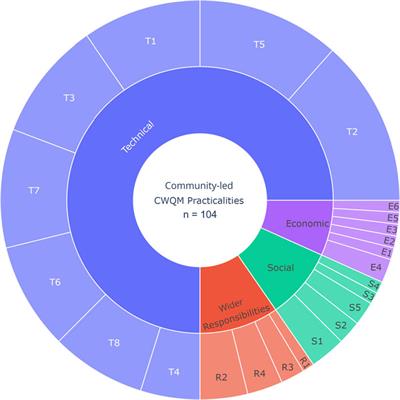
doi 10.3389/fenvs.2024.1371048
- 3,448 views
3,199
Total downloads
19k
Total views and downloads
Select the journal/section where you want your idea to be submitted:
ORIGINAL RESEARCH
Published on 25 Jul 2024

EDITORIAL
Published on 15 Jul 2024
ORIGINAL RESEARCH
Published on 21 Feb 2024
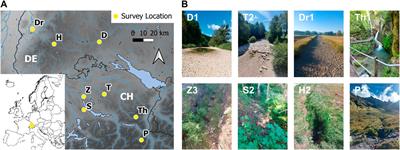
ORIGINAL RESEARCH
Published on 04 Jan 2024
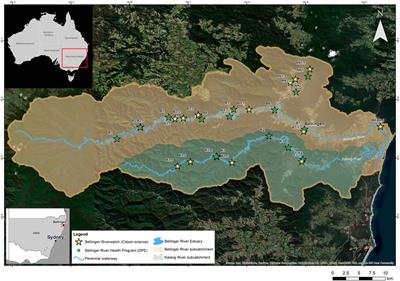
POLICY AND PRACTICE REVIEWS
Published on 13 Nov 2023
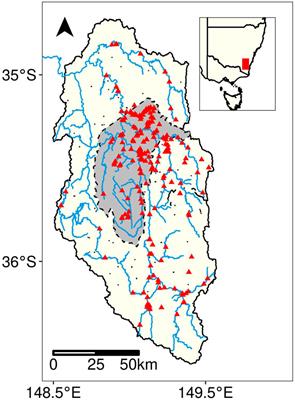
ORIGINAL RESEARCH
Published on 01 Nov 2023
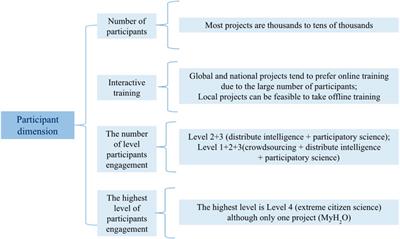
ORIGINAL RESEARCH
Published on 11 Oct 2023
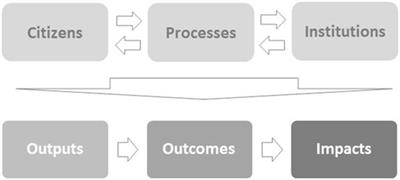
PERSPECTIVE
Published on 02 Aug 2023
